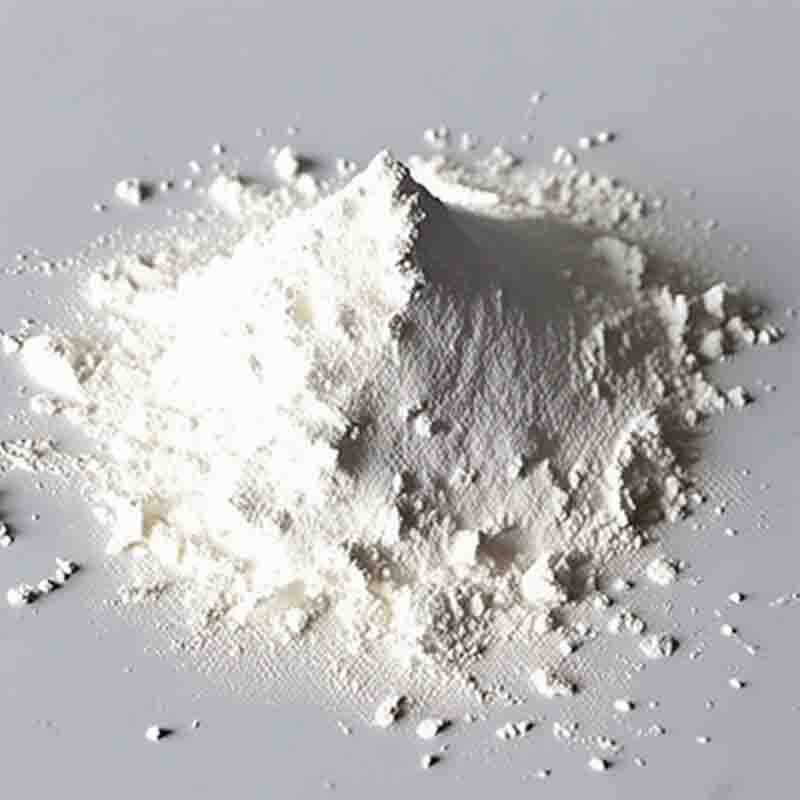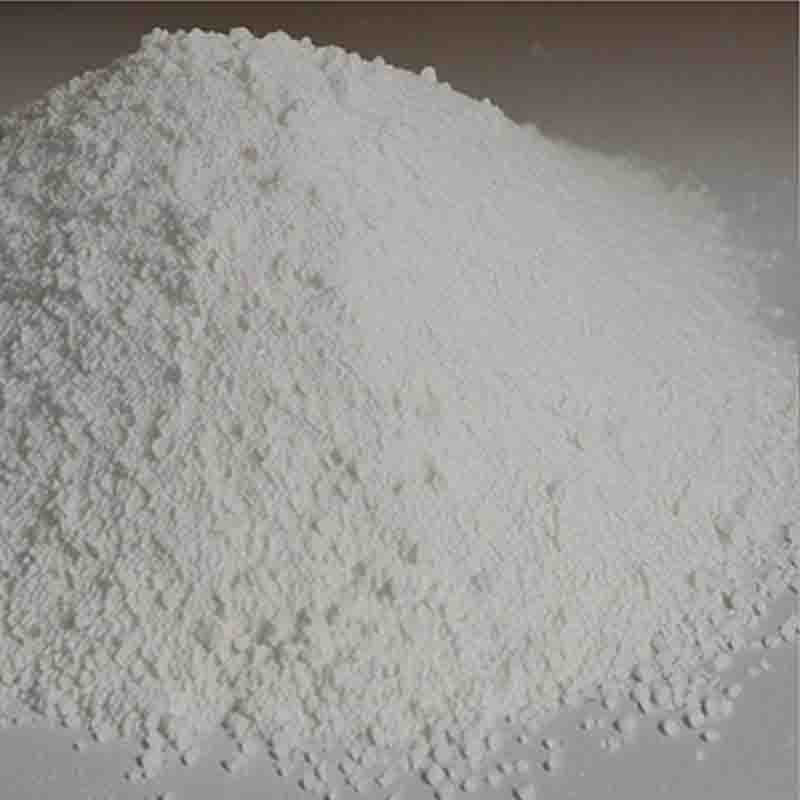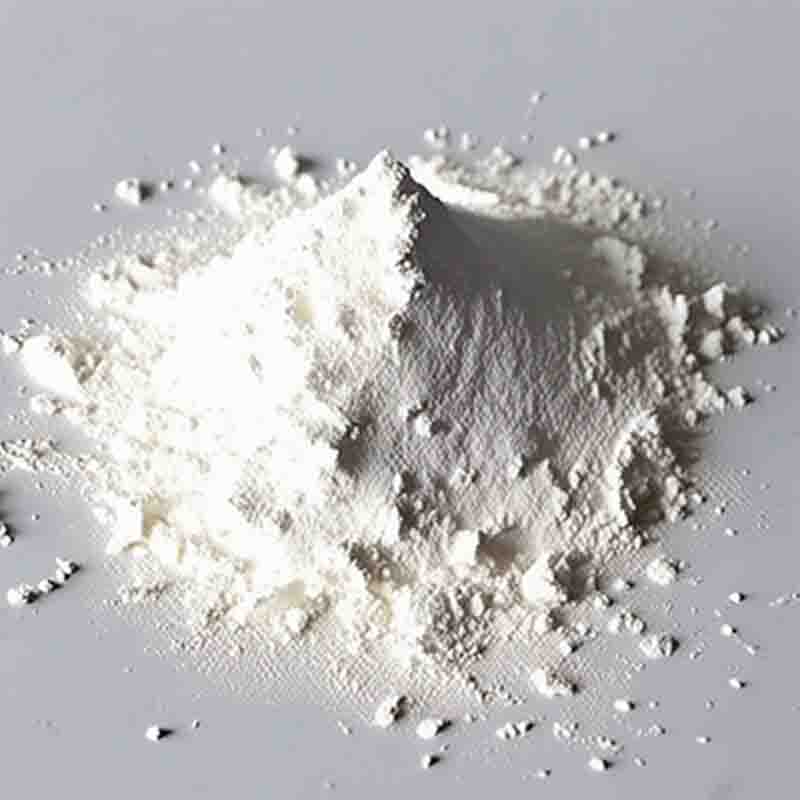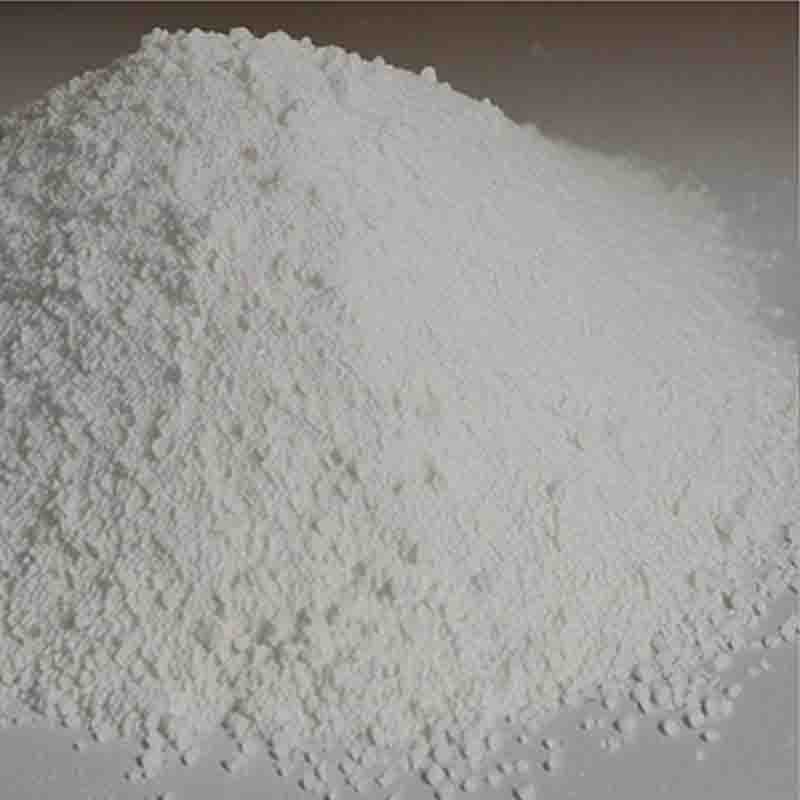dibenzo[b,f][1,4]thiazepine-11-[10h]one CAS:3159-07-7
| Catalog Number | XD95234 |
| Product Name | dibenzo[b,f][1,4]thiazepine-11-[10h]one |
| CAS | 3159-07-7 |
| Molecular Formula | C13H9NOS |
| Molecular Weight | 227.28 |
| Storage Details | Ambient |
Product Specification
| Appearance | White powder |
| Assay | 99% min |
Dibenzo[b,f][1,4]thiazepine-11-[10h]one is a chemical compound that belongs to the thiazepine class of compounds. It is a heterocyclic compound containing a thiazepine ring fused with two benzene rings. In this300-word response, we will explore some of the effects and implications of this compound.Dibenzo[b,f][1,4]thiazepine-11-[10h]one has been extensively studied for its pharmacological properties and has shown potential therapeutic effects in various medical conditions. One of the major effects of this compound is its role as a central nervous system depressant. It acts as a sedative and hypnotic agent, leading to a calming and sleep-inducing effect. It has been used in the treatment of anxiety disorders, insomnia, and certain psychiatric conditions.Additionally, dibenzo[b,f][1,4]thiazepine-11-[10h]one is known for its antipsychotic properties. It acts by blocking specific receptors in the brain, such as dopamine and serotonin receptors, leading to a reduction in psychotic symptoms associated with disorders like schizophrenia. The compound has been used as an alternative to traditional antipsychotics due to its potentially reduced side effects.Furthermore, studies have suggested that dibenzo[b,f][1,4]thiazepine-11-[10h]one may exhibit neuroprotective effects. It has shown potential in preventing neuronal damage and reducing inflammation in certain neurological disorders. This suggests its possible application in the treatment of conditions like Alzheimer's disease and Parkinson's disease, although further research is required to establish its efficacy.It is important to note that like any pharmacological agent, dibenzo[b,f][1,4]thiazepine-11-[10h]one can have side effects and may interact with other medications. Common side effects of this compound include drowsiness, dizziness, and confusion. It can also cause a range of adverse effects such as gastrointestinal disturbances and changes in blood pressure.Moreover, dibenzo[b,f][1,4]thiazepine-11-[10h]one is classified as a controlled substance in some countries due to its potential for abuse and addiction. It is important to use this compound under the supervision of a healthcare professional and follow the prescribed dosage regimen.In conclusion, dibenzo[b,f][1,4]thiazepine-11-[10h]one is a chemical compound with various effects, primarily as a sedative, hypnotic, and antipsychotic agent. It demonstrates potential therapeutic applications in the treatment of anxiety disorders, insomnia, and certain psychiatric conditions. It also exhibits neuroprotective properties that could be beneficial in certain neurological disorders. However, it is essential to use this compound with caution, considering its potential side effects, drug interactions, and its classification as a controlled substance.


![dibenzo[b,f][1,4]thiazepine-11-[10h]one CAS:3159-07-7 Featured Image](https://cdn.globalso.com/xdbiochems/白色粉末21313.jpg)
![dibenzo[b,f][1,4]thiazepine-11-[10h]one CAS:3159-07-7](https://cdn.globalso.com/xdbiochems/粉末1870.jpg)




![5,6,7,7a-Tetrahydrothieno[3,2-c]pyridine-2(4H)-one hydrochlorideCAS: 115473-15-9](https://cdn.globalso.com/xdbiochems/白色粉末1129.jpg)
